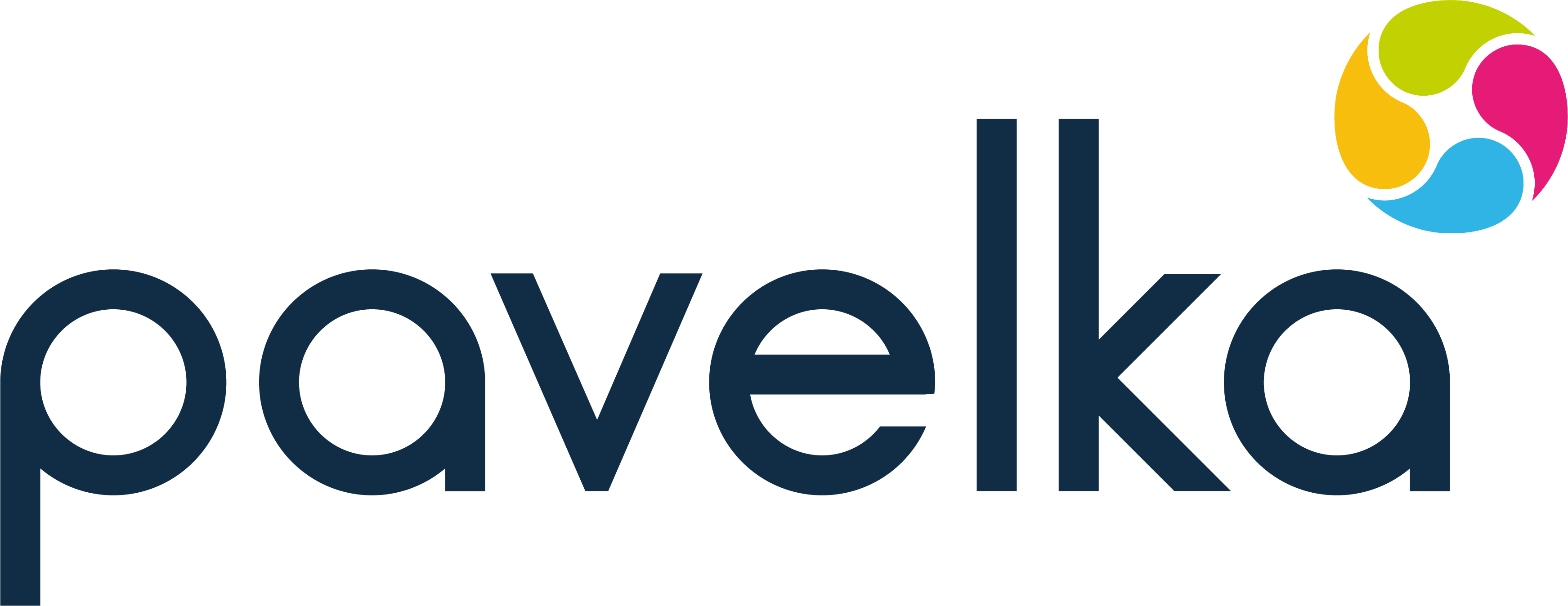It’s a good rule in life to never assume – and it’s particularly true in the case of wellbeing.
We can look back to just 5 to 10 years ago and see that the wellbeing conversation was minimal when compared to today; especially in the realm of organisation wellbeing.
If we hear ‘confidence’, then we may assume that it’s something everyone wants. We might presume that it’s a completely good thing and makes everything better.
Yet, from the perspective of the human being, we need to look at all angles.
If we start with just five counter-points then you’ll see how this looks:
- Vulnerability and Authenticity: Overemphasis on confidence can discourage vulnerability and authenticity. It suggests that individuals should always project an air of certainty, making it challenging to express genuine emotions and struggles.
- Limited Scope of Resilience: Confidence is often linked to resilience, but resilience is more complex than just feeling self-assured. True resilience involves navigating through emotions, seeking support, and acknowledging vulnerabilities. Focusing solely on confidence may undermine the importance of these other elements.
- Pressure to Set Unrealistic Goals: The emphasis on setting ambitious goals may inadvertently push people to set targets that are beyond their capabilities. While some level of challenge can be motivating, setting unattainable goals can lead to feelings of failure and reduced self-esteem.
- Social Comparison and Self-Doubt: Constantly comparing oneself to confident individuals portrayed in research or media can lead to increased self-doubt and feelings of inadequacy. Not everyone naturally possesses the level of confidence often depicted, leading individuals to question their self-worth.
- Neglecting the Process: Wellbeing research that solely focuses on the end result (i.e., confidence) often overlooks the importance of the process and journey. Personal growth is not always a linear path, and the emphasis on confidence may overshadow the significance of small steps and progress.
The Global and Cultural Angle
An assumption of ‘people want to be confident’ is also a westernised perspective. Just as an example, those from (or with deep and broad experience of) some Asian cultures will know that it is not rare to feel uncomfortable with confidence and feel comfortable with either being led or being less dominant in a social role.
Therefore we arrive back at an understanding that wellbeing terms need to be seen in the same way that we at Pavelka see all wellbeing: one size fits one.
The Positive Side of Confidence
With the above noted, we can still see the general positive outline of confidence and, with a more holistic approach, consider how confidence can be a positive for the organisation:
- Positive Mindset: Confidence often aligns with a positive mindset. Individuals with confidence are more likely to focus on their strengths and accomplishments rather than dwelling on perceived shortcomings. This optimism and positive thinking can lead to reduced stress levels and improved mental health.
- Taking Initiatives and Setting Goals: A confident person is more willing to take initiatives, set ambitious goals, and work towards achieving them. This proactive behavior is crucial for personal growth and development, leading to a sense of fulfillment and purpose, which enhances overall wellbeing.
- Social Interactions: Confidence can positively impact an individual’s social interactions. When someone feels secure and self-assured, they are more likely to engage in meaningful relationships and communicate effectively.
- Decision-Making: Confidence influences decision-making. People who trust their judgment and abilities are more likely to make sound choices and take calculated risks, which can lead to personal and professional growth.
- Adaptability and Flexibility: Confidence can foster adaptability and flexibility in the face of change or uncertainty. A confident person is more likely to embrace new challenges and adapt to evolving circumstances, reducing stress and anxiety associated with transitions.
The important point to understand it that – just like any transformation – it can take many steps over a number of years to achieve these forms of confidence.
So How Does The Journey Begin?
While many sources emphasize the role of leaders in ensuring employees feel safe, seen, and heard, the reality is more nuanced. Expecting leaders to effortlessly master wellbeing amidst their myriad responsibilities and goals is unrealistic. Leaders play a crucial role in shaping the culture of an organization, but they need support in understanding and implementing workplace wellbeing practices.
The responsibility doesn’t solely fall on leaders or the HR department. Instead, wellbeing should be a collective effort involving all levels of the organization. Rather than burdening individual leaders or HR teams, organizations should treat wellbeing as a team effort. Viewing wellbeing as a journey rather than a destination, the focus should be on building a comprehensive support system.
To foster a culture of growing confidence in the workplace, organizations can take several steps. Implementing comprehensive wellbeing programs/events/content/resources that address physical, mental, and emotional health is a crucial starting point. Emotional intelligence training for managers equips them to better understand and support their team members’ needs and emotions. Embracing diversity, equity, and inclusion initiatives is essential, as a welcoming and inclusive workplace promotes acceptance.
Furthermore, encouraging the formation of peer support networks allows employees to share experiences and find solace in knowing they are not alone. Recognizing and rewarding positive behavior that contributes to a culture of acceptance reinforces its significance.
At Pavelka, we understand that wellbeing is not a simple problem to solve with a one-size-fits-all solution. We recognize the complexities of building a culture of confidence and acceptance in the workplace. That’s why we stand as your wellbeing team, providing comprehensive support to help organizations navigate this journey.
You may also enjoy:
